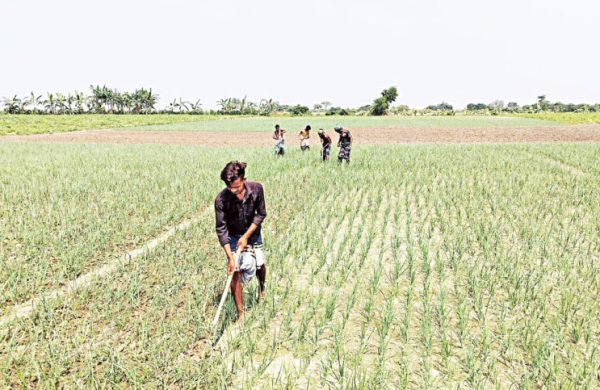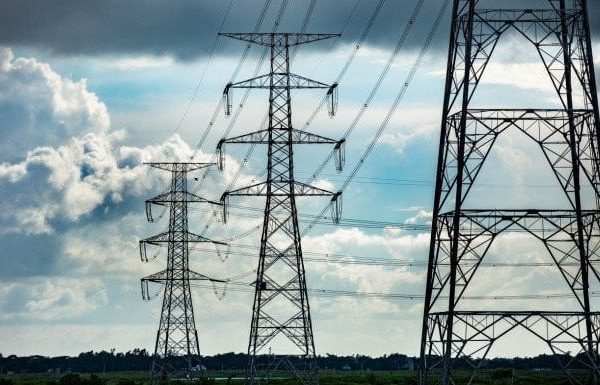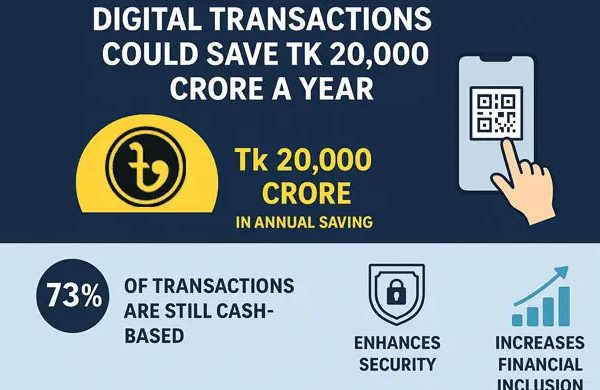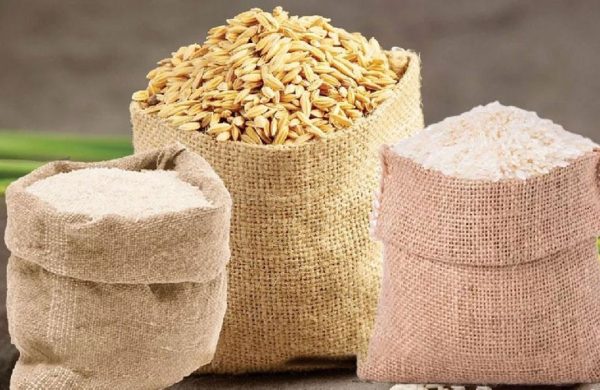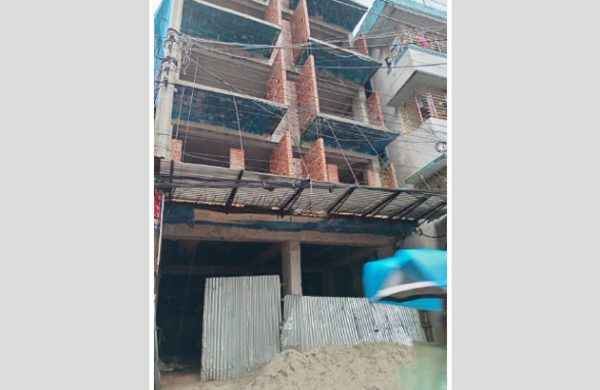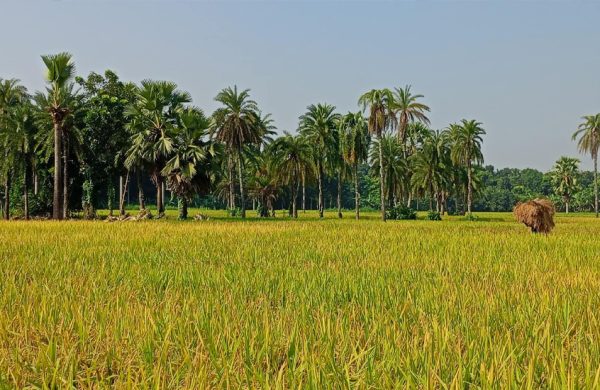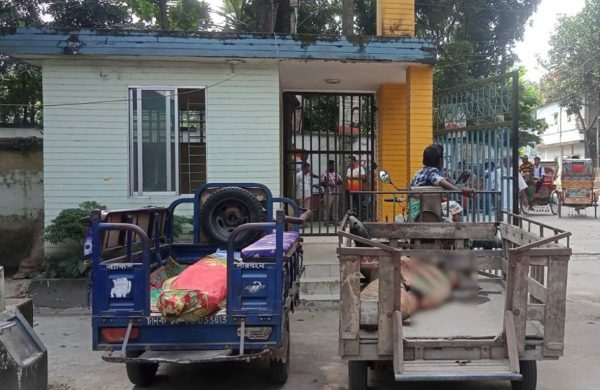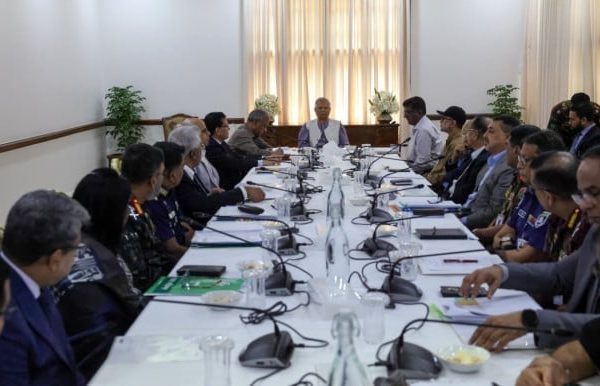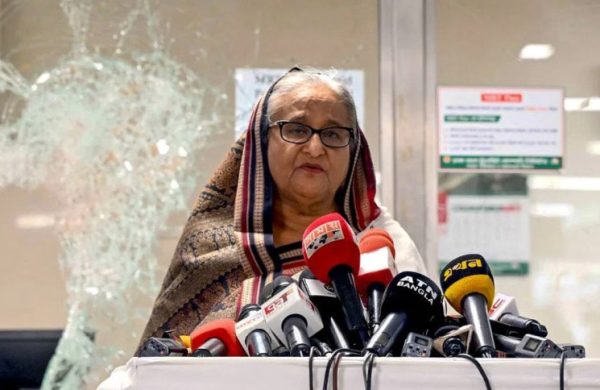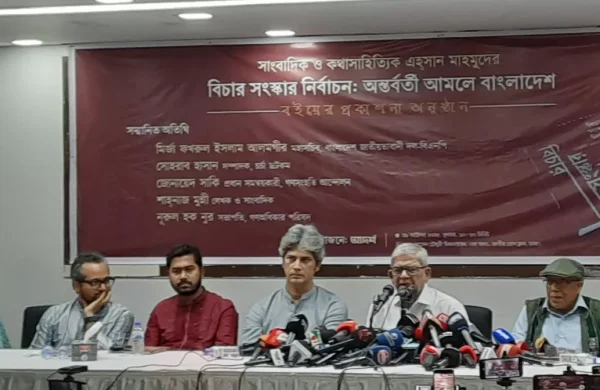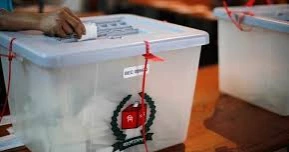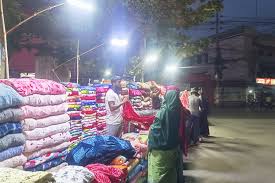Govt to cut property registration tax by 40pc, align deed value with market rates
- Update Time : Wednesday, May 21, 2025
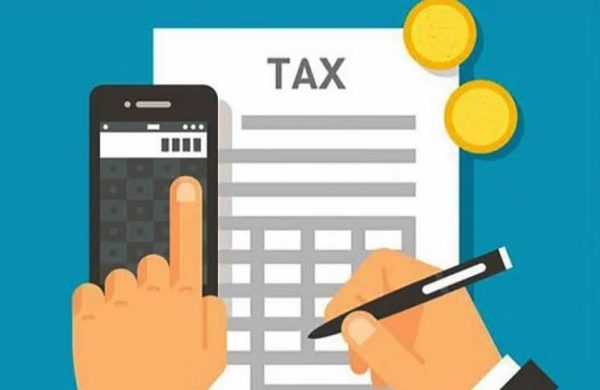
Staff Correspondent:
The government is set to drastically reduce land and flat registration taxes and fees by 40% starting the next fiscal year. This significant cut will be coupled with a crucial shift: aligning property deed values with actual market prices, moving away from outdated “mouza rates”. This calculated move aims to curb the pervasive flow of black money in the real estate sector and substantially boost state revenue.
Currently, land and flat registrations incur taxes and fees ranging from 14% to 15%, depending on the region. From the next fiscal year, this rate is expected to drop to 8% to 9%. This proposed change, discussed at a recent meeting chaired by Finance Adviser Salehuddin Ahmed, is anticipated to enhance transparency in the housing sector and ultimately increase revenue despite the tax reduction. Officials from the ministries of law, land, and housing were present at the finance ministry meeting.
A “mouza” is the smallest administrative unit for official land records, and its associated rate is the government’s assigned land value – typically far below the actual market price. Presently, buyers and sellers often declare mouza rates in official deeds to minimise their tax burden, even though properties are transacted at much higher prices. This discrepancy facilitates off-the-record settlements, fuelling black money circulation and resulting in significant revenue losses for the government.
In the fiscal 2023-24, land and flat registrations generated Tk12,643.3 crore in revenue, with withholding tax contributing the largest share at Tk6,394 crore, followed by local government taxes at Tk3,944 crore, and registration fees at Tk1,598 crore, according to the National Board of Revenue (NBR). The Centre for Policy Dialogue (CPD) estimates that the government loses approximately Tk6,000 crore annually due to property registrations at undervalued prices.
The government is determined to address this issue. NBR officials believe that despite the proposed tax cuts, overall revenue collection will likely increase once properties are registered at their true market value.
Finance Adviser Salehuddin Ahmed, in an interview with The Business Standard, stated that the upcoming budget will offer no avenue for legalising black money in the housing or any other sector. “Instead, we are trying to raise mouza valuations and reduce tax rates,” he explained. “For example, land in Gulshan is officially valued at Tk15 lakh per katha, but the actual price is around Tk5 crore. This gap encourages undisclosed transactions and creates black money holders, many of whom face complications later. By increasing the recorded land price and lowering taxes, the entire transaction amount can be declared, ensuring that the money is clean. The government will receive nearly the same amount in revenue.”
EXPERTS WELCOME THE MOVE
Economists and former NBR officials have lauded the government’s initiative, foreseeing its potential to boost revenue and curb black money in real estate. While an initial dip in sales might occur, they anticipate long-term gains in transparency.
“It will curb black money, rationalise property prices, and improve market data by closing the gap between deed and market values,” said Masrur Riaz, chairman of Policy Exchange Bangladesh. He cautioned that the policy might initially deter some buyers due to the requirement for full tax-paid payments. However, he believes it will ultimately discourage corruption and foster much-needed transparency and positive growth in the sector.
Former NBR chairman Md Abdul Mazid commented, “It is a good initiative, but if buyers and sellers are not compelled to register deeds at market value despite the tax cut, revenue will actually decline.”
REHAB FAVOURS LOWER TAXES, OPPOSES MARKET-BASED VALUATION
While real estate developers have expressed support for lowering registration taxes and fees, they have voiced opposition to any increase in mouza values, arguing that such a move would be detrimental to the housing sector.
“A tax cut would be a positive step. We have long called for reducing the rate to 9%,” said Liakat Ali Bhuiyan, senior vice president of the Real Estate and Housing Association of Bangladesh (REHAB). However, when asked about the proposal to raise mouza values and align deed prices with market rates, he stated, “That would not be the right move. And since we haven’t been informed about it, we cannot comment further.”
Former NBR chairman Md Abdul Mazid highlighted that in the past, tax rates were reduced in response to demands from real estate businesses, yet their tendency to evade tax persisted. “Some of these developers even take money from buyers but don’t register the land or flats in their names. The government must ensure with utmost priority that they are strictly compelled to register deeds at market rates,” he added.
AMENDMENT OF MOUZA VALUATION RULES UNDERWAY
Under the existing Fixation of Lowest Market Price of Property Rules, 2010, mouza land values are determined based on registered prices from the previous two years. As most deeds are registered at these official mouza rates – often below actual market prices – there has been minimal upward adjustment over time. The public works ministry last revised mouza rates in 2021, using valuations from 2011 and 2016 as the basis.
To effectively align mouza rates with actual market prices, the government plans to amend these rules with new provisions. Committees led by divisional commissioners (for city areas) and district commissioners (for municipalities) have been formed to assess land prices.
Under the proposed new system, the average value of all deeds for a specific land category over two years will be calculated. Market prices will be determined through thorough investigations and public hearings. The minimum value must either match or exceed this average. If it exceeds twice the average, the committee will be required to report it to the Land and Law Secretaries. If significant price differences exist within a land category, mouzas can be divided into clusters. The public works, law, and defense ministries will coordinate annual market price updates, which will be published in the land ministry’s database.
CURRENT AND PROPOSED TAXES AND FEES
Officials stated that the current 1% registration fee for land and flats will remain unchanged in the next fiscal year. However, the NBR may propose lowering the stamp duty from 1.5% to 1%. To avoid impacting local revenues, the existing local government tax – 3% in union parishads and 2% in city corporations and municipalities – is likely to remain the same.
The government intends to halve the withholding tax (gain tax) on property registration. Currently, it stands at 8% for Dhaka’s Ka-Gha categories and 6% for the Uma category and Chattogram. From the next fiscal year, these rates could drop to 4% and 3%, respectively. In other municipalities – excluding Dhaka, Chattogram, Narayanganj, and Gazipur – the withholding tax may be reduced from 4% to 2%. For non-municipal areas, it could decrease from 2% to 1%.
At present, urban property registrations face a withholding tax ranging from Tk20,000 to a maximum of Tk15 lakh per plot. Once market-based valuation is implemented, these fixed thresholds may no longer be necessary, according to the NBR.
For flat registration, VAT is currently 2% for flats up to 1,600 sq ft and 4.5% for those larger than 1,600 sq ft. The proposed rates for the next fiscal year are 1% for up to 1,600 sq ft, 2% for 1,601–2,400 sq ft, and 3% for larger flats. Additionally, the 2% land development fee at registration may be halved to 1%.


